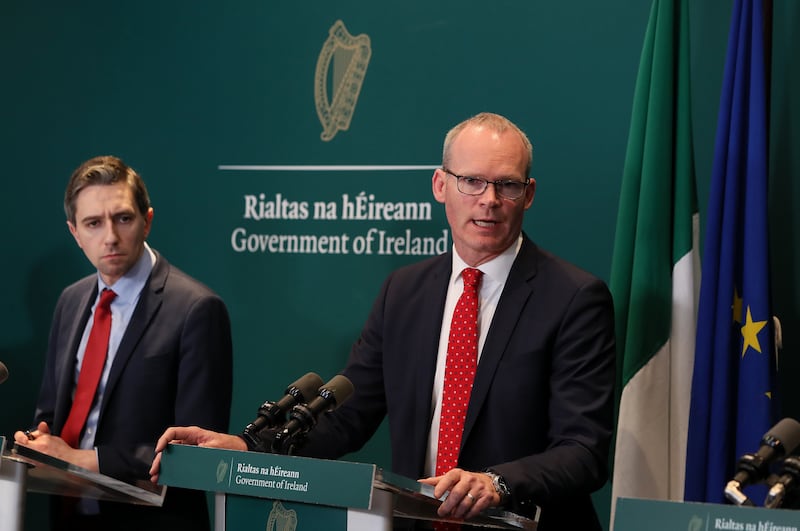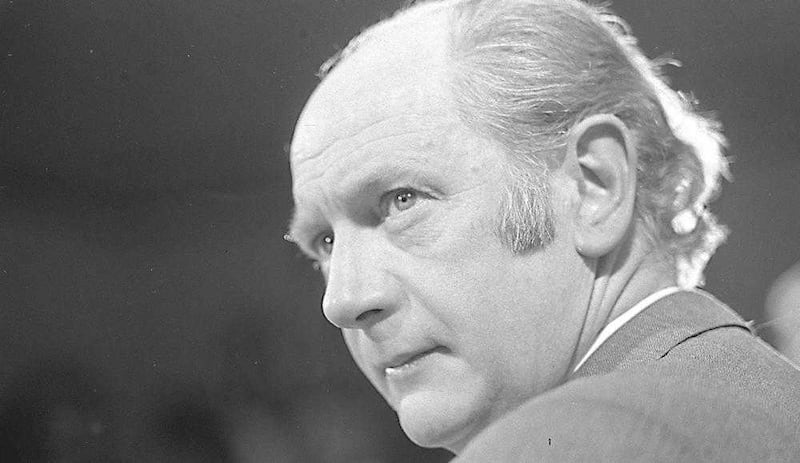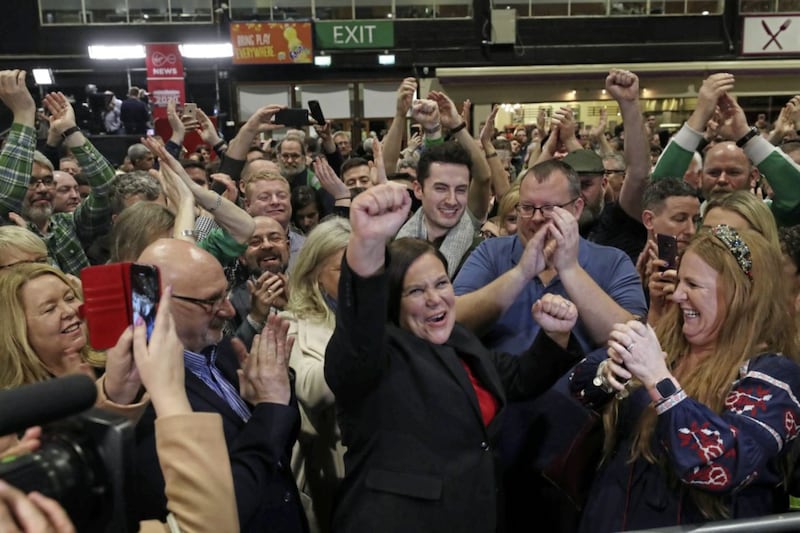Simon Harris has become the new taoiseach. He takes over with just under a year left in this government’s mandate, with local and European elections just weeks away, and with Fine Gael’s ratings in recent polls still poor.
Whether he can turn this around remains to be seen. He needs a political comeback on par with what Sinn Féin achieved at the last Irish general election.
Last month, Fine Gael entered its 14th year in office; never has the party enjoyed such a long run on the government benches. Harris is rare in coming to the country’s top political job having never served in opposition.
- Simon Harris: New taoiseach will be judged on actions, not words - The Irish News viewOpens in new window
- Brian Feeney: The main challenge for Simon Harris is to make Fine Gael electable againOpens in new window
- Analysis: Simon Harris needs to be more than merely ‘Continuity Leo Varadkar’Opens in new window
First elected at TD in 2011, the new taoiseach has only ever known life in Leinster House in government. Opposition is a horrible place where you can only suggest ideas but not implement them. You merely sit and watch as the government undoes your previous policies and takes the country in a direction you may be fundamentally opposed to.
Being an opposition leader is regarded as the worst job in politics, and the possibility of ending up there after the next election must be hanging over Harris as he tries to reboot the Fine Gael team in government. He has long wanted to lead his party and get to this position. He comes to the job as the youngest person ever to become taoiseach, but he also faces the prospect of being the shortest-serving in the state’s history.

His talent pool is also small. The last election saw Fine Gael reduced to just 35 seats. Over the past year, more than 30 per cent of its TDs have announced their retirement at the next general election. Additionally, big names such as Simon Coveney are stepping down from cabinet, meaning it hard for him to promote new talent in any substantive way, and he is also losing experienced politicians.
Do the history books offer any comfort for Simon Harris? Have other taoisigh who have come in between elections lifted the fortunes of their respective parties? The short answer is no.
Leo Varadkar, Brian Cowen, Albert Reynolds and Charles Haughey all took their parties backwards in either opinion polls or general elections that followed their immediate appointment. You have to go back to Jack Lynch in the 1960s to find a taoiseach who maintained the support of their party and was easily re-elected.

All these political currents are going against Harris. The policy challenges on housing, crime and health are enormous. Mixed in with this is that as a senior minister for the past few years, he will not be able to easily distance himself from some of the failures of Fine Gael’s 14 years in office.
Reading this, you could be forgiven for thinking that the next election is a no-hope situation. However, the volatile nature of modern Irish politics shows two things: first, that a good campaign matters; and second, that the ability to communicate a compelling narrative can shift support and turn around dire opinion polls.
Do the history books offer any comfort for Simon Harris? Have other taoisigh who have come in between elections lifted the fortunes of their respective parties? The short answer is no
In 2020, Sinn Féin succeeded with a strong campaign and a compelling narrative. Likewise, in 2007, Fianna Fáil did an incredible job of re-engaging the public during the campaign, turning around poor polling beforehand.
Whilst Simon Harris will not want to say it out loud, he will have to learn from Mary Lou McDonald and Bertie Ahern to pull off this political comeback for Fine Gael.

Winning a fourth term is hard in Irish politics. You need to go back more than 50 years for the last time it was achieved. Harris is walking a tightrope between the prospect of leading Fine Gael to a historic fourth term in government or being the shortest-serving taoiseach.
The tests will come thick and fast with the upcoming local elections, then the budget, and before we know it, it will be time for the general election. The new taoiseach does not have a second to lose in righting the ship.




